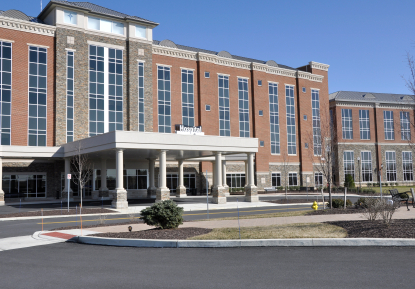Medicaid Primary Care Pay Raise Set; OB/GYNs, ER Docs Excluded
When the Affordable Care Act’s mandatory rate increase for primary care services provided to Medicaid patients takes effect on January 1, ob/gyns and emergency room physicians will not be among the beneficiaries of the temporary raise in pay.
Under a new regulation issued last week, only family doctors, internists, and pediatricians will receive the pay increase, which was established as a short-term (two years) incentive to attract more physicians to serve Medicaid patients in anticipation of the significant increase in enrollment expected when many states expand their Medicaid eligibility criteria in 2014.
When working under the supervision of eligible primary care physicians, nurse practitioners and physician assistants also will receive the enhanced Medicaid payments.
State Medicaid payments for primary medical care typically fall well below comparable Medicare rates. Under the reform law, Medicaid payments for such services will be raised to Medicare levels for two years, with the federal government footing the bill for the difference.
Because they serve so many Medicaid patients and the state’s outpatient fees are so much lower than those paid by Medicare, Pennsylvania’s safety-net hospitals and the primary care physicians they employ should benefit greatly from this new policy.
Read more about who will and won’t benefit from the primary care fee increase and how it will be implemented in this Kaiser Health News article .
.





